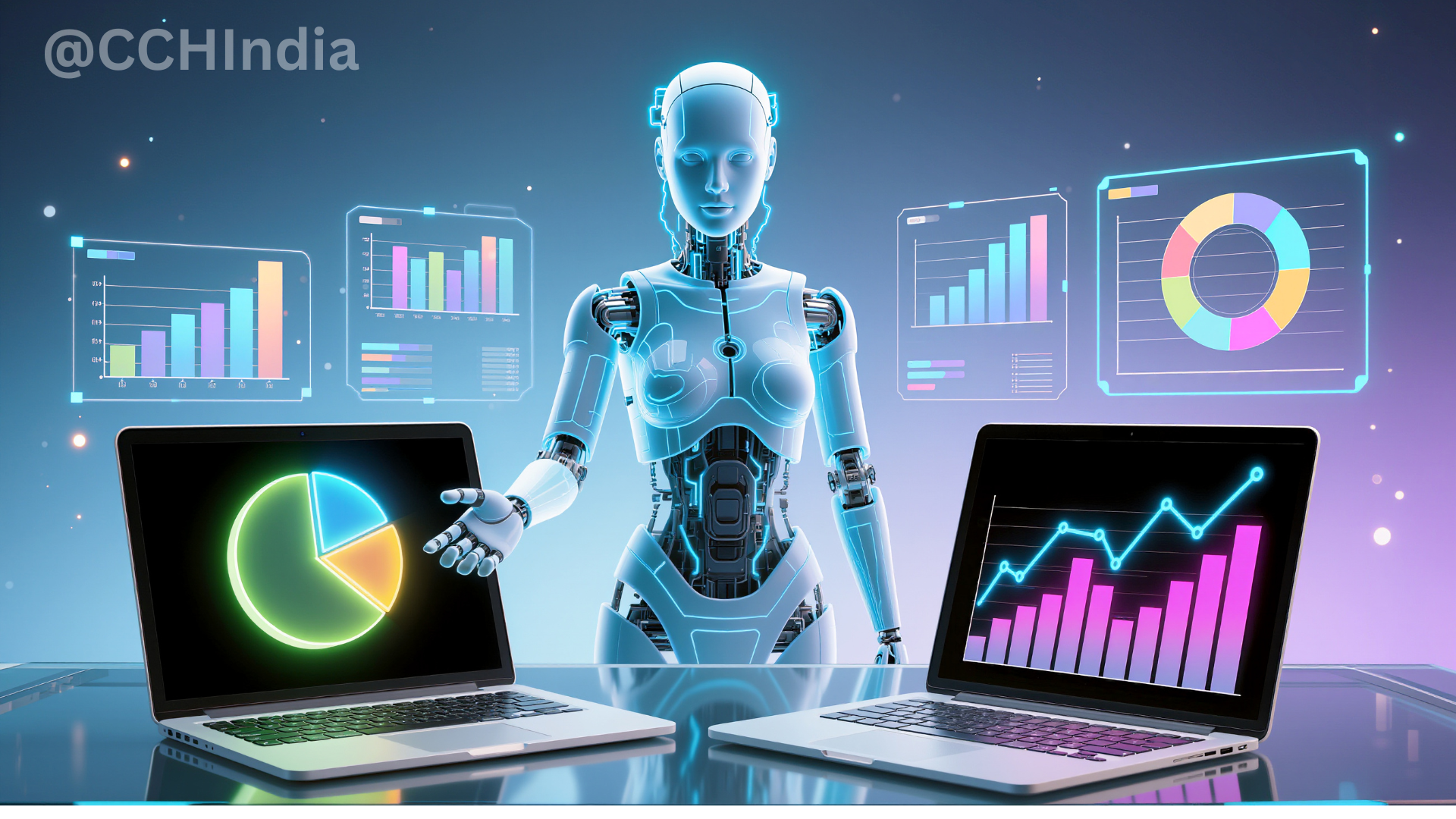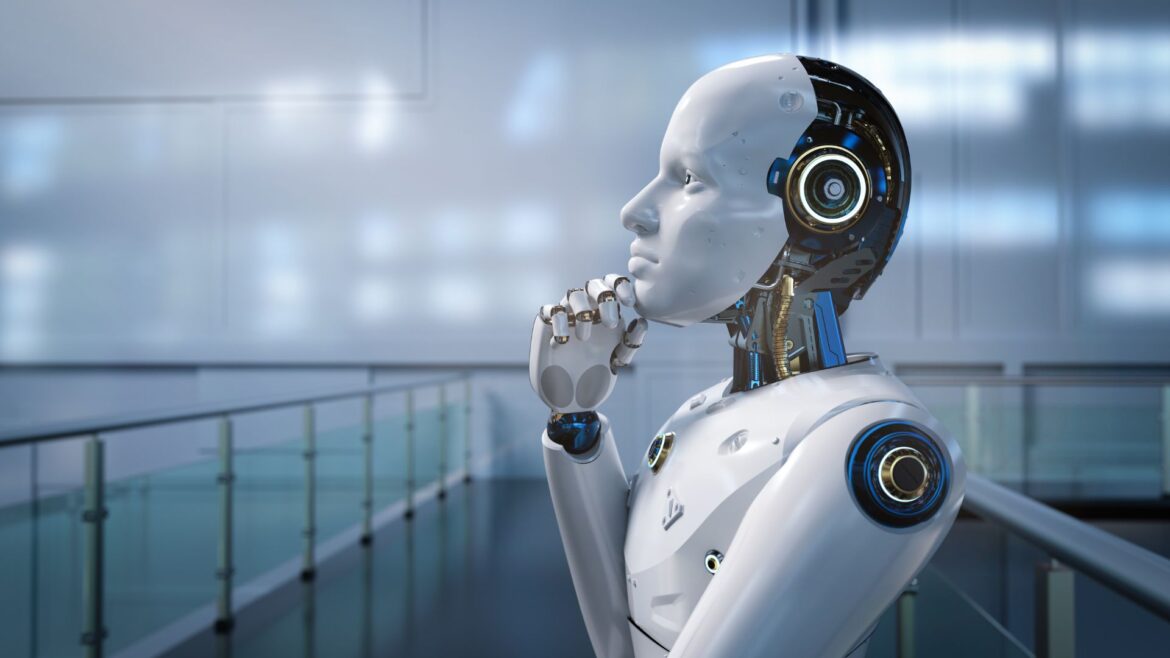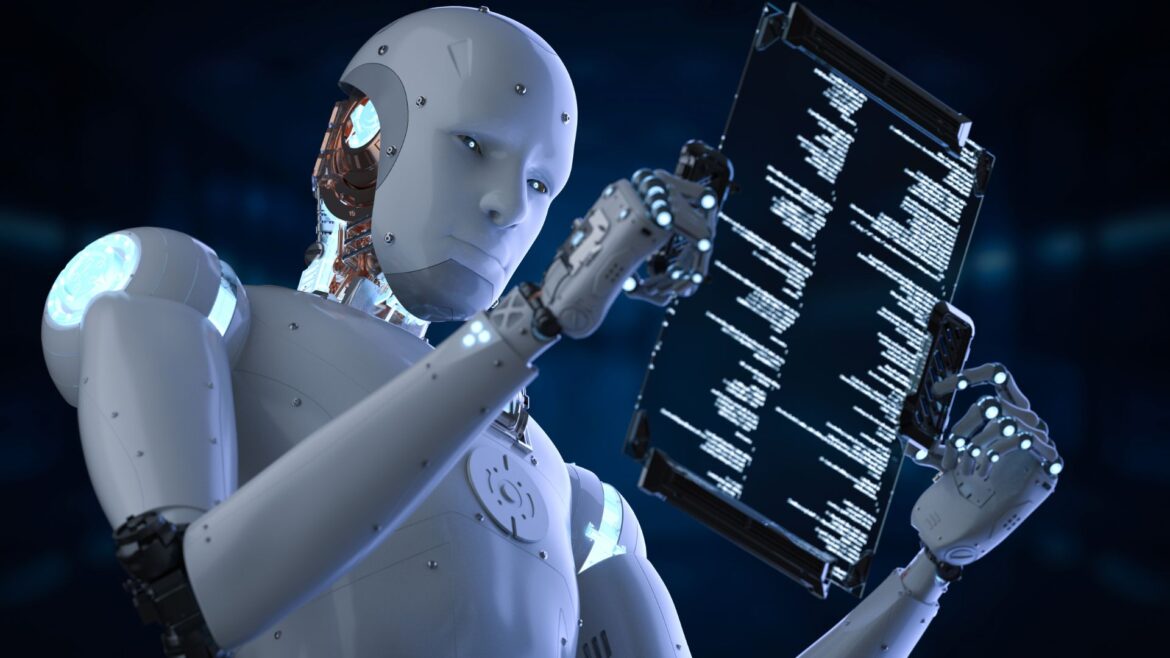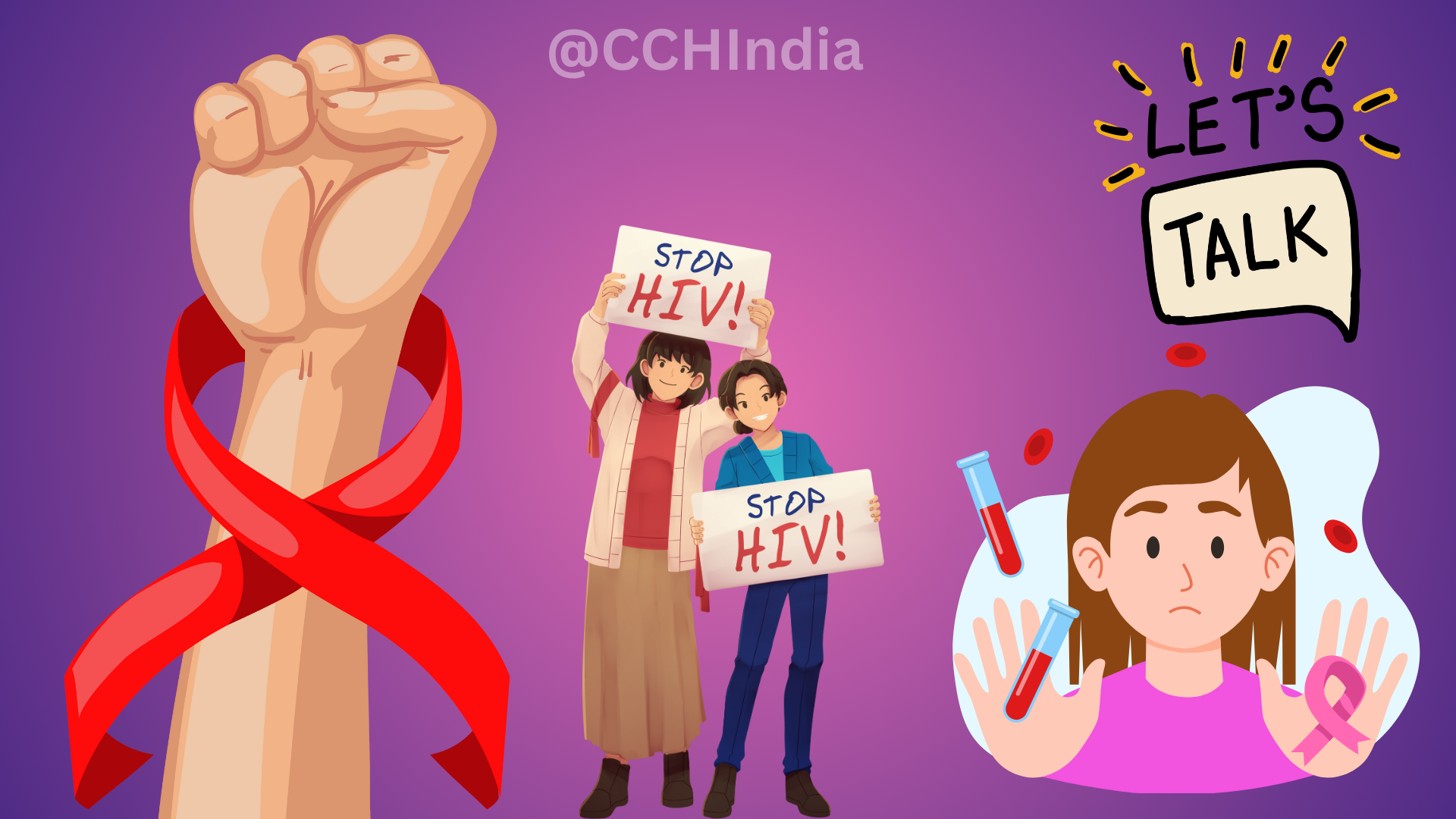Artificial Intelligence have use cases in every industry and sector, making a lot of complex tasks easier. In Healthcare industry, integration of AI for diagnostic purposes has helped get quicker and accurate diagnosis. However, using computers for complete diagnosis is leading to a complex situation for the experience and skills of the doctors. Doctor’s learn by experience, treating many patients over the years. What will happen to their skills and learning journey should AI be used extensively in the healthcare industry.
AI being used in health care industry has significant advantages, however it also poses valid concerns for the next generation of doctors and their traditional medical practice.
Benefits of Using AI tools for Medical Diagnostic Purposes
1. Increased Accuracy and Speed of Diagnosis:
Artificial intelligence algorithms can process vast amounts of data like medical lab scan images, patient records, lab results and identify subtle patterns that might be missed by the human eye. These trained AI systems can lead to more accurate and faster diagnosis, reduce errors and delays. In medical industry sometimes time can make all the difference in saving lives.
2. Improved Decision Support in Complex Medical Situations:
In today’s world, ailments and diseases are complex, many rare and new to the medicine industry. While the doctors are competent enough, often time is limited to provide the care needed. AI systems can act as powerful decision support systems, providing doctors with immediate access to relevant research, case histories and guidelines. This can help make more informed and evidence based decisions.
3. Early Detection and Preventive Healthcare:
Artificial Intelligence can help identify risk factors and markers in the blood which can lead to potential health issues in the future even before the symptoms appear. This can help doctors and patients to detect issues if any much earlier allowing for preventive healthcare measures.
4. Personalised Treatment Plans:
Artificial Intelligence is capable enough to provide personalised treatment plans to each patient. It can analyse a patient’s genetic data, medical history, treatment required, expected outcome. These plans can be precursor to tailored plans which doctors can generate for each patient, leading to effective treatment therapies.
5. Hands-on Training and Education for Doctors:
AI powdered simulation environments can help doctors get personalised training experiences. These training environments can help doctors run real world simulations, work their way through complex problems, generate custom quizzes and get access ti simplified explanations to complex topics.
6. Reduced Workload and Burnout:
Artificial Intelligence applications help to automate time-consuming and repetitive tasks. This can free up doctor’s time allowing them to focus on more important and complex cases, direct patient interaction, research and time for themselves.
Challenges and Concerns for Doctor Experience and Skills:
1. ‘De-skilling’ or Automation Bias:
Studies have claimed that overuse of Artificial Intelligence tools is depleting cognitive skills and memory retention amongst users. Automation bias refers to over dependence on artificial intelligence systems. Over reliance for diagnoses could potentially lead to a "de-skilling" which could quickly snowball into a phenomenon where doctors do not get enough hands-on experience, diagnostic skills and critical thinking acumen. It can lead to a situation where doctors are dependent on AI’s recommendations without thoroughly understanding underlying human and environmental factors which AI may not be able to decipher. It could also hamper doctor’s ability to diagnose situations and rare diseases which AI has not been trained on.
2. Loss of Intuition and Pattern Recognition:
A significant part of doctor’s skilling comes from years of experience, talking to patients identifying subtle cues, environmental factors and taking decision through medical expertise as well as intuition. Once AI handles large part of diagnosis, doctors may have fewer opportunities to develop these crucial skills of understanding human problems. Human body is a complex mechanism which has not been deciphered completely yet. Human experience and intervention is crucial and everything cannot be left to AI.
3. Ethical and Legal Issues:
Artificial Intelligence systems in the medical field are trained on a set of data. It can inherit biases from the data they are trained on, example AI systems trained on patients from Africa may or may not work on patients in America or India where environmental factors are entirely different. If AI makes incorrect diagnosis, the question of accountability arises. Can an AI system be legally held responsible for mis-calculation or mis-diagnosis?
4. Absence of Humanised Care:
Healthcare is not just about data and treatment, it is also about understanding patient’s issue, their environment factors, family situation and maintaining a human connection. While AI systems in medicine can enhance treatment efficient, they cannot replace the compassion and care which doctors can provide.
5. Need for New Skillsets and Treatments:
No one can deny that the AI systems have to be trained in order to function properly. Then who will train them in the new and rare complex diseases when doctors are reliant of AI for solutions? This leads to a chicken and egg problem. Who trains whom?
The skillsets and tasks given to AI systems in the medical industry must be entirely mutually exclusive from what the doctors do, only then will both be able to co-exist in a beneficial manner. AI diagnostic tools should not be designed to replace doctors but rather aid and argument their capabilities when deed. The medical industry needs to focus on ‘human-centred AI’. Doctors should take assist from AI systems but should continue to develop their own diagnostic reasoning in real world scenarios.






